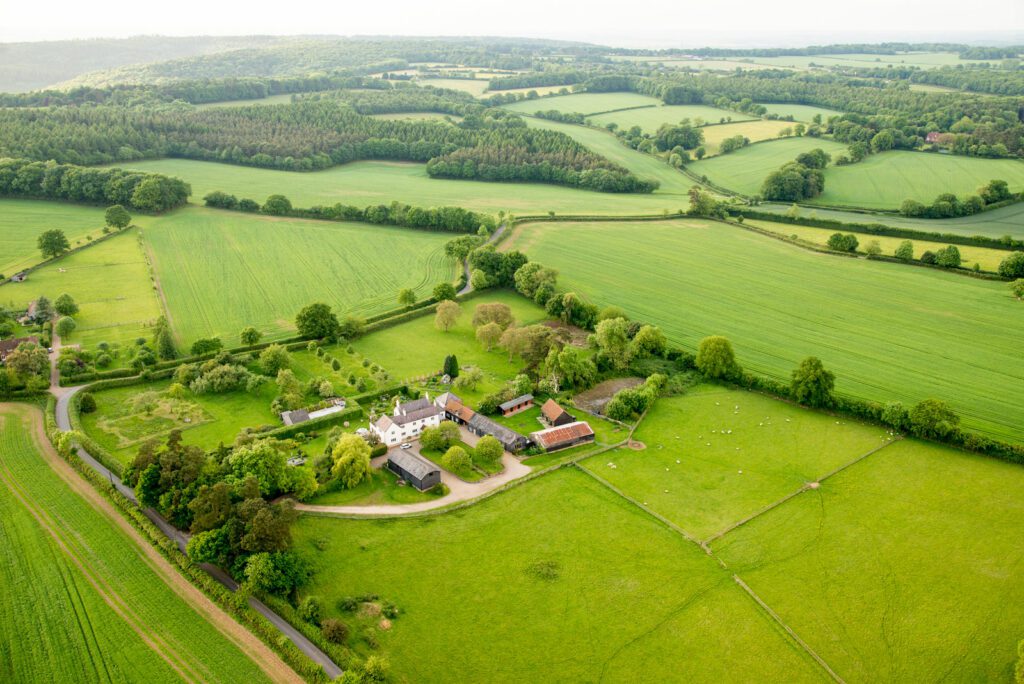Author
The recent case of Clapham v Narga [2023] has cut back on the ability of some parties claiming adverse possession of unregistered land to defeat an alternative registration.
The law
The ‘new’ rules on adverse possession came into force on 13 October 2003 with the Land Registration Act 2002 (LRA 2002). The preceding 21 years have set the scene for an established dual set of rules, based on those new rules from the LRA 2002 and the ‘old’ regime, under the Limitation Act 1980 and Land Registration Act 1925 (LRA 1925). Simply put, the old rules will still apply if you are able to establish 12 years’ possession of the land prior to 13 October 2003 or the land is unregistered. The new case of Clapham v Narga [2023] EWHC 3337 (Ch), sees a possible shift in these known principles.
The case
In Clapham v Narga it was not disputed that the Claimants had been in adverse possession of a strip of land at the end of the Claimants’ gardens (the Strip) in Thrussington, Leicestershire for a period of at least 12 years before both the registration of the Strip by the Defendant on 18 March 2003 and the enactment of the LRA 2002.
Overriding interest?
It may be assumed therefore that registration in favour of the Claimants would be a formality under the old rules, because the rights acquired would be an automatic “overriding interest” under s.75 of the LRA 1925 (i.e. an interest which takes precedence when the land is registered). This would have the effect that the Defendant was holding the Strip on a bare trust for the Claimants. The Claimants would then be entitled to apply to alter the register of title on the grounds that the Defendant’s title had already been extinguished under the Limitation Act 1980 and consequently the registration to the Defendant was a mistake.
Appeal decision
However, Leech J, on appeal, agreed with the trial judge’s finding that s.75 of the LRA 1925 had been superseded and it had been accepted that, despite paragraph 18, Schedule 12 of the LRA 2002 not expressly stating as such, there was a three-year long-stop period for the Claimants’ rights to be enforced, ending in October 2006. As the Claimants had failed to take any action before the expiry of that threeyear period, the effect of section 29(1) of the LRA 2002 was to rank their interests behind the right of the (now registered) freehold owner, unless the Claimants could show that they had an alternative overriding interest under paragraph 2(c) of Schedule 3 of the LRA 2002 i.e. they were in actual occupation. In this case, Leech J considered that the Claimants were not in actual occupation in such a way that would have been obvious on a reasonably careful inspection, because fencing had fallen into disrepair and the ground was not manicured in the same way as the remainder of their gardens, the appeal was dismissed.
Conclusion
This is a significant development because it means that any persons who may have an interest in unregistered land under the old rules must take action before the freehold owners effect registration, or risk losing their rights if they cannot demonstrate actual occupation to a judge.

